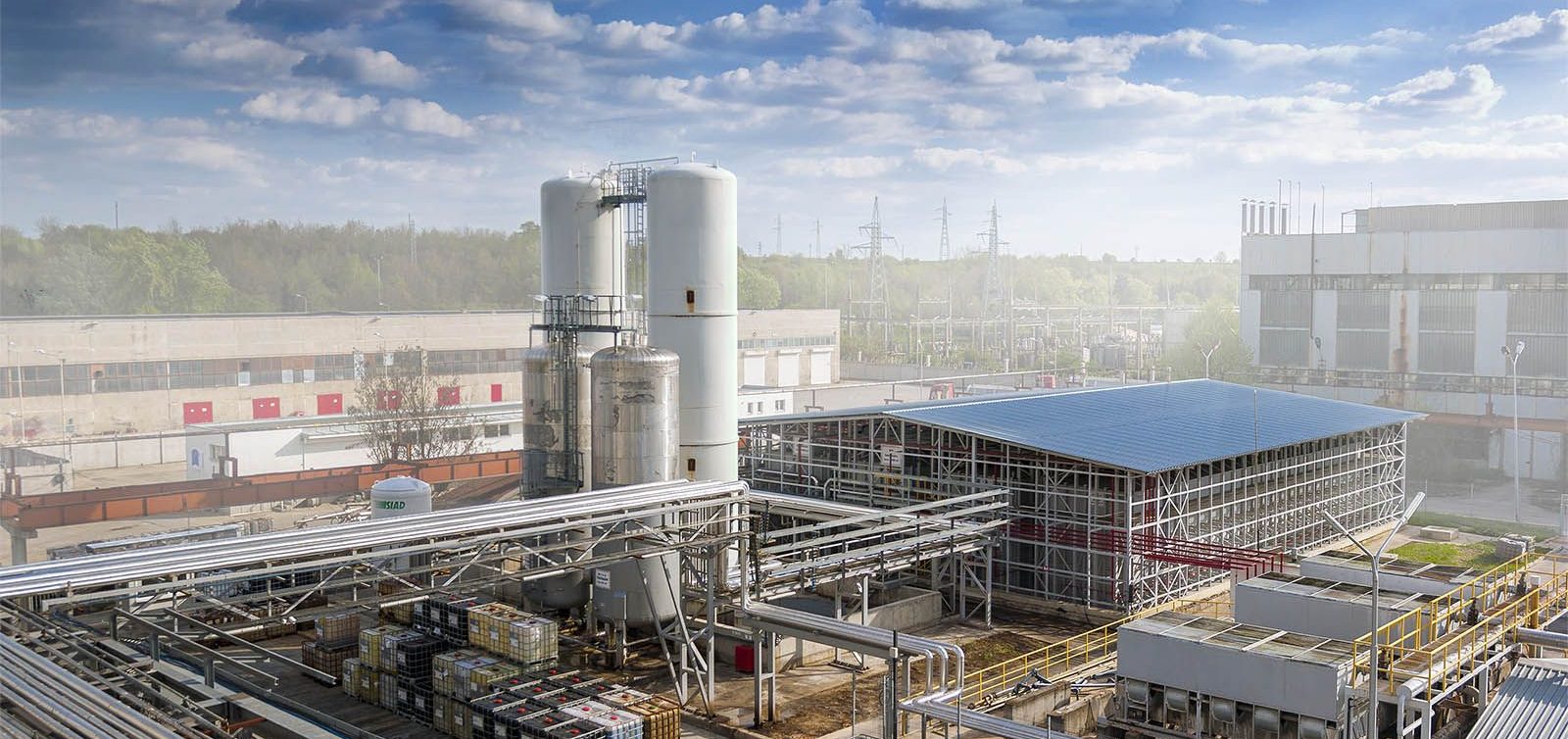U.K.-based Aquafuel Research Ltd. has developed a technology that allows crude glycerin to be burned in standard diesel generators used in combined-heat-and-power applications. In December, the company made the technology commercially available.
According to Paul Day, Aquafuel’s chief executive officer, the technology uses off-the-shelf diesel generators, which are altered slightly to use a new combustion cycle. Referred to as the McNeil cycle, this new combustion cycle, allows the engine to run on glycerin. “The basics of the engine, the fuel injection, the pistons and cylinder are not changed at all,” Day said.
The technology utilizes crude glycerin, which needs to be altered slightly. “Like all combustion systems, engines are intolerant of inorganic salts,” Day said. “Crude glycerin contains three to eight percent of catalyst salts, and these need to be removed.” The salts are the only waste product produced through the process and can be removed using commercially available equipment and are easily disposed. In addition, the glycerin doesn’t need to be fully refined. The technology is tolerant to water, methanol and non-glycerin organic compounds.
Day said one ton of glycerin produces approximately 1.7 megawatt-hours of electricity and approximately 2 megawatts of heat. In addition, the process creates few emissions. “Full spectrum emission tests show combustion is nearly complete with very low emissions of unburnt material,” Day said. There are many advantages of using glycerin as fuel, Day added. “It’s nontoxic, biodegradable, and has a very high flash point,” he said.
The technology was developed through a two year research and development program that Aquafuel completed with Greenergy, a U.K.-based biodiesel manufacturer. According to Day, development work on the technology is complete. “A reference site likely to be a U.S. biodiesel plant will be running in the first few months of 2009,” he said.
Aquafuel is currently looking for potential partners to license and sell the technology globally. The technology is applicable to a number of industries, including the biodiesel industry. It may also hold potential for other entities, such as hotels, hospitals, and schools, or for commercial and industrial premises.
Day said the technology can give biodiesel producers the opportunity to supply all their own electrical needs, as well as sell electricity back to the grid. “Overall, the technology offers producers a chance to unlock revenues from glycerin streams, and at the same time improve their environmental performance,” he said. “That is a rare and very welcome combination.”

